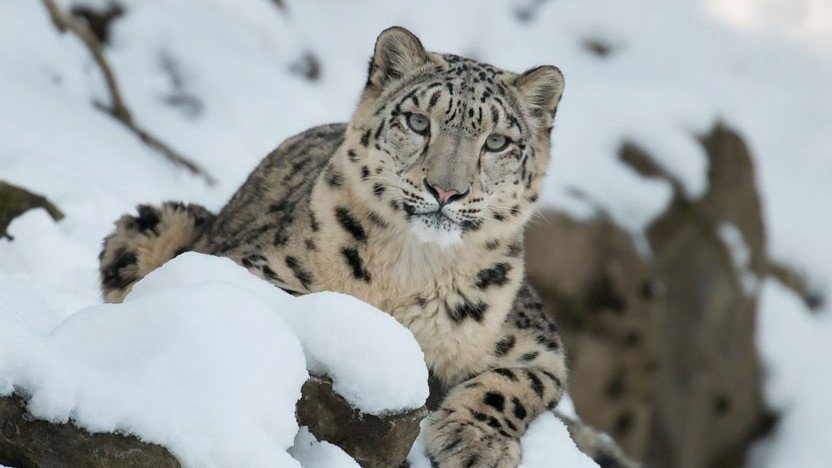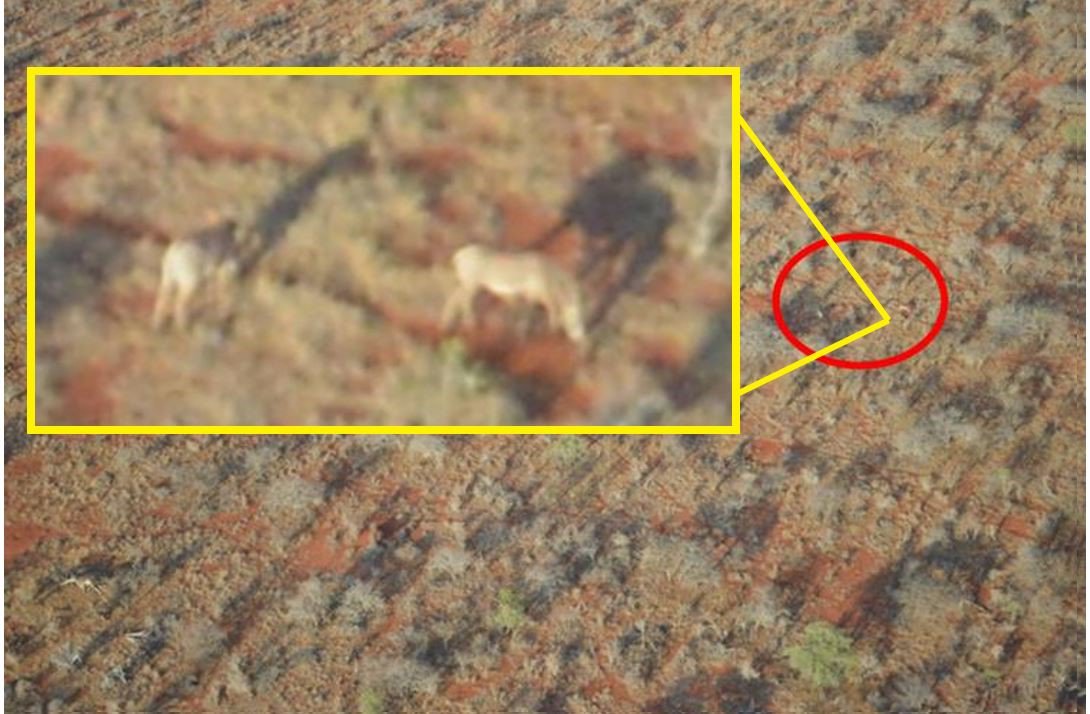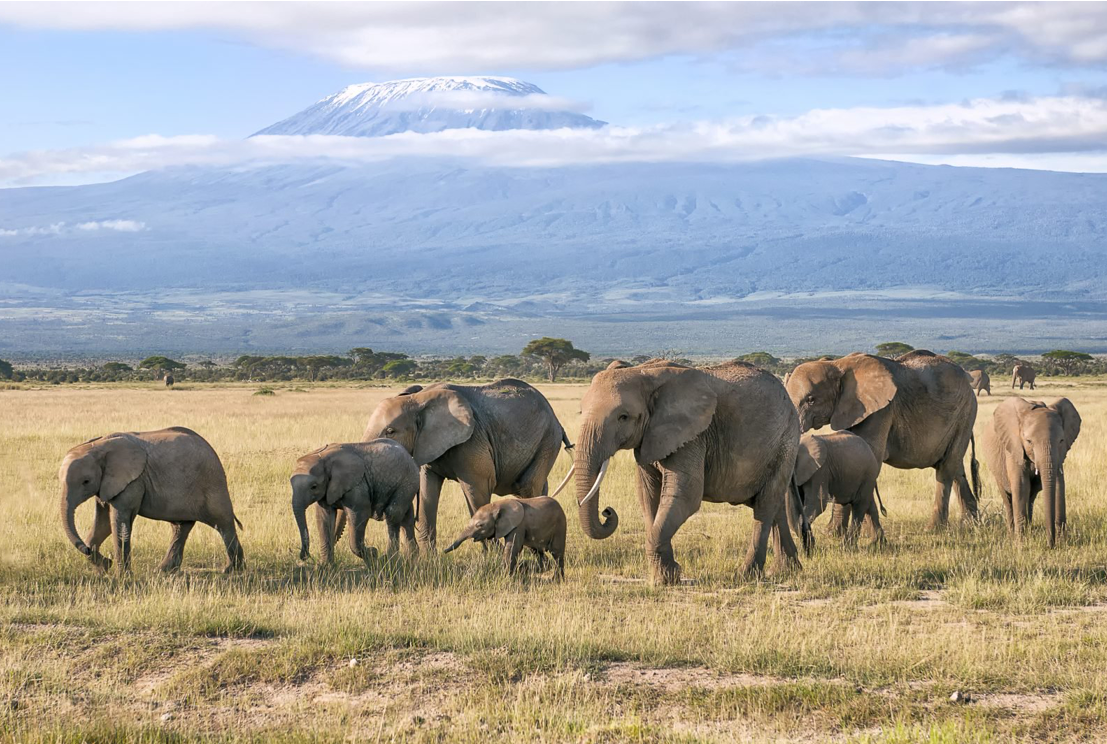Wee Hyong Tok is a data scientist. He has a passion for numbers, a faith in technology – and a mission that might make a superhero think twice.
“I want to save the Earth,” he says matter-of-factly. “That seems like a very bold statement. But, I strongly believe that artificial intelligence (AI) can play an important role in monitoring the health of our planet.”
Singapore-born and educated, Wee Hyong has been a data guy and techie all his working life – first in academia, and later with Microsoft in China and the United States where he helped create ground-breaking products in the cloud.
For more than a year now, he has been leading an elite global research team for AI for Earth – a five-year, US$50 million Microsoft initiative that supports, and partners with, environmental groups and researchers. They are tackling some of the world’s most intractable problems by marshaling the immense power of AI, machine learning (ML), and the cloud.
In a recent interview during a quick visit back to Singapore, Wee Hyong summed up the challenge: We live on planet Earth, and yet we know very little about it.
We have limited time to learn how to conserve its resources. Fresh water supplies are being dangerously overexploited. Land is being exhausted and degraded to produce more food for more people in ever-growing cities. Thousands of species are fading fast into extinction as their habitats disappear in a whirl of industrialization and a haze of pollution. The oceans are choking on plastics and the carbon-charged climate is changing. Precious things that are vital to our existence are under threat and, if lost, might never come back.
I strongly believe that AI can play an important role in monitoring the health of our planet.
When we hear such things, most of us tend to shrug helplessly. Such problems just seem too big, too hard, and too scary to fix. But Wee Hyong and his colleagues at AI for Earth and Microsoft Research are convinced that solutions can come in our time – if data, technology, and imagination are put to work.
“I am an optimist,” he says before describing the technical complexities surrounding his team’s quest. “We can learn how to leverage AI to solve some of the sustainability challenges facing humanity today.”
Boiled down, AI for Earth aims to create sustainable solutions across four areas that are key to the health of the planet and the future of humankind: agriculture, water, biodiversity, and climate change.
Wee Hyong proudly points to some early breakthroughs. The Farm Beats project is pioneering new data-driven agriculture to guide farmers in India and the United States on where and when to plant crops for the greatest yield.
Equally impressive are the strides being made in land cover mapping – traditionally a time-consuming, expensive tool that is essential for environmental management and precision conservation. Recently, the entire United States was mapped by machine-learning algorithms that processed nearly 200 million aerial images in just over 10 minutes. Done the usual way, such a project would have taken many months and cost a fortune. Deployed globally and locally, this new way of mapping could revolutionize how we mitigate the effects of urbanization, pollution, deforestation, and even natural disasters.
Endangered species are also being given new hope. Traditionally, analysts pore over of thousands of images taken from satellites, drones or camera traps in the wild to study the range, populations, and behaviors of animals otherwise rarely seen by humans. It’s laborious work that takes time, skill, and concentration. “Try spotting a herd of zebra on the African savannah from a satellite image,” Wee Hyong says. “it’s not easy.”
Now computers can take on this role thanks to deep learning techniques that enable them to make sense of the thousands of pixels in an image. This is freeing up the expert time of scientists to do and study more. It’s already adding invaluable knowledge about elusive snow leopards in Kyrgyzstan in Central Asia and dwindling elephant populations in Congo in Africa where AI is also being used to in the fight against the twin scourges of poaching and the ivory trade.
Project Premonition uses insects as de facto “field biologists”. The project uses AI to analyze blood that mosquitoes take from animals across an an ecosystem to glean valuable data. To achieve this, AI for Earth is developing drones that autonomously locate mosquito hotspots, robotic traps to collect specimens, and cloud-scale genomics and machine learning algorithms to identify each animal bitten.
The rise of the intelligent cloud and the ability to deploy machine learning models to the intelligent edge is accelerating and enabling new exciting possibilities to study and save wildlife from the remotest corners of the Earth to suburban backyards.
It goes beyond just technology, right? They want to tell their kids they are trying to save the Earth.
Pursuing research is worthy in itself, but real value comes when a solution is launched into action in the real world. It is here that Wee Hyong’s motivation shines through: He wants to leave the world in better shape for his two children – and for all children in the world.
The same goes for his team of data scientists and software engineers who left exciting and satisfying roles in commercial product development to join AI for Earth.
“Every single person who came for a job interview said they wanted to be able to tell their kids and families that they were serving a higher purpose. It goes beyond just technology, right? It goes beyond just new deep learning techniques and approaches, or whatever. They want to tell their kids they are trying to save the Earth.”




